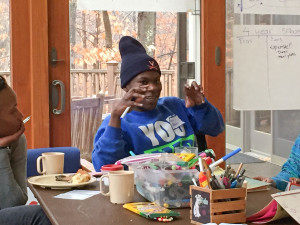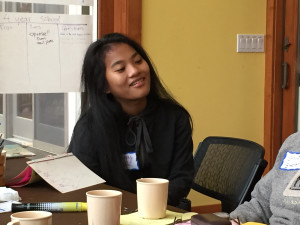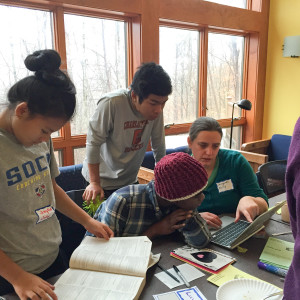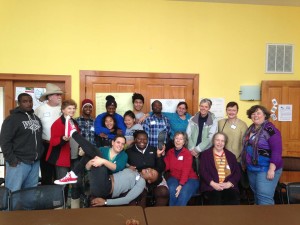I’ll be honest here. I’ve been a bit frustrated with some of my college-aged young adults recently. While I tell them that I am happy to edit papers at the 11th hour if the alternative is no editing at all, reading some of these last minute papers that they’ve admittedly rushed through push me into haranguing mode.
So here’s the tricky part. I don’t want to come off like I’m being insensitive to my students’ realities. Here is what I know. These young people are often:
- juggling very busy schedules, replete with school, jobs, sports, and family obligations,
- Dealing with challenging living situations, often with a great deal of transition,
- Without a role model in the family who has completed college (or even high school) themselves.
So, with that noted, I remain annoyed.
Here are some challenges I throw down for my students.
- Be your absolute best. If you’re going to college, and paying thousands of dollars, and likely mortgaging your future, you’d better make it worth your while. Demand the best out of yourself. Turn off the TV. Go talk to your professor. Stop taking selfies of yourself. Get out your agenda book and write down the due dates. If you don’t want to do these kinda small things, stop paying the college you and your parent’s hard earned cash, and start looking for more hours at your job.
- Demand more from your college and your professors. You say your classes are boring. First ask yourself: Am I doing the readings? Am I participating in discussion? Am I doing the homework? If the answer is yes to all those questions, and you’re still bored, then talk to your professor, talk to your chair, and demand better classes. Are your texts racist? Probably. Does it promote a world view that you disagree with? Probably. Then supply some thoughtful, research-driven alternative work to your professor to supplement your reading list. But don’t be intellectually lazy. You’d better be reading or watching something other than TMZ.
- Develop your skills. Nobody is interested in hiring someone who has been rubber-stamped through a degree. Here’s what you need to be effective in the larger world:
- Communication skills. Know how to communicate with others using a variety of media– this includes face to face, email and social media. This skill is so that you can persuade people to do stuff for and with you.
- Prioritizing. There is no question that the students that I work with know how to work hard. But increasingly I see them working hard at things that don’t make sense in the long game. It’s not “don’t have fun”; It’s don’t get stuck on social media for 12 hours and then tell me you don’t have time to fill out a scholarship.
- Follow-through. From sending a thank you note to checking in with your professor about a test score, following up and following through makes you memorable, and shows that you know to how to see something through to the end.
- Connecting. During college you have the ability to connect with other people– from the secretaries filing your paperwork, to the professors who are grading you, to your fellow classmates who can support you now and in the future. Figure out how to connect those people– using the skills listed above. Your connections make the difference in the world you will be making for yourself.
Here’s a secret. You don’t need to finish college to learn these skills. But you need these skills to finish college. You’re going to need these skills regardless of what you are going to be. And here’s what you’re going to be:
- Business owners,
- Lawyers,
- Web designers,
- IT specialists,
- Prosecuting Attorneys,
- Chefs,
- Radicals,
- Leaders,
- Wonderful.





















